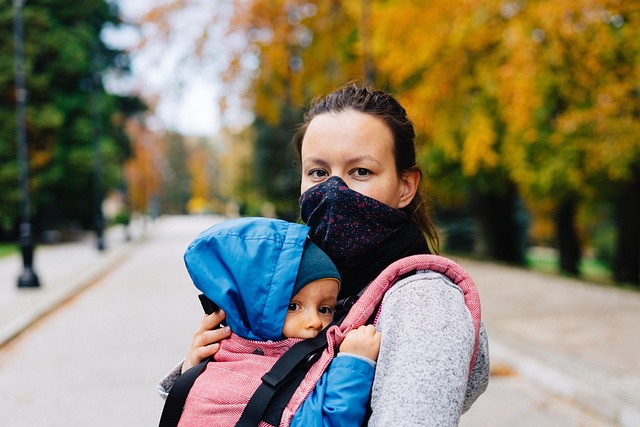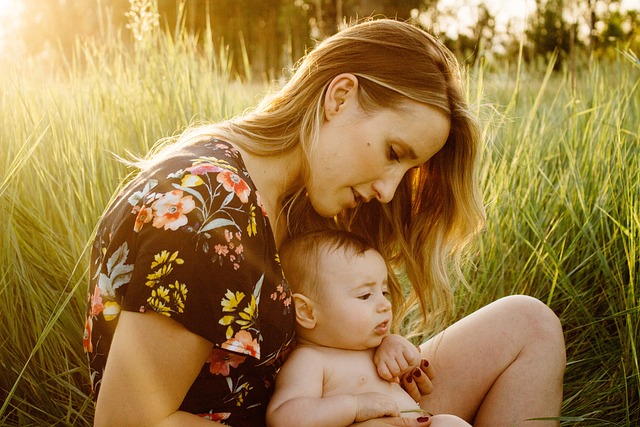Child Welfare Legal Services, led by Oregon's DHS Child Protective Services in Multnomah County, are crucial for balancing parental rights and child safety. These services, integrated with Multnomah County's holistic child advocacy program, offer specialized support to families facing legal processes. Understanding this system empowers parents, caregivers, and stakeholders to navigate Oregon family law effectively while prioritizing the best interests of at-risk children. Key strategies include staying informed, active participation in proceedings, and collaborative approaches that maintain familial connections.
“Child welfare and protective services are critical components of ensuring the safety and well-being of vulnerable children. This comprehensive guide delves into key aspects of child welfare legal services, offering an in-depth overview of protections for children across Oregon. We explore parental rights and responsibilities within DHS child welfare cases, highlighting the delicate balance between protection and guidance. Additionally, we examine Multnomah County’s strategies for child advocacy, navigation of the Child Protective Services Law, and the intersection of Oregon family law with child welfare, providing essential insights for professionals and families alike.”
- Understanding Child Welfare Legal Services: An Overview of Protections for Children
- Parental Rights and Responsibilities: Balancing Protection and Guidance in DHS Child Welfare Cases
- Multnomah County Child Advocacy: Strategies for Comprehensive Support and Intervention
- Navigating the Child Protective Services Law: Rights, Procedures, and Best Practices in Oregon
- Oregon Family Law and Child Welfare: Ensuring Stability and Well-being for Vulnerable Youth
Understanding Child Welfare Legal Services: An Overview of Protections for Children

Child Welfare Legal Services play a pivotal role in ensuring the safety and well-being of children within families who may be at risk or facing challenges. These services are designed to protect parental rights while safeguarding the interests of the child, particularly in cases involving potential abuse, neglect, or exploitation. In Oregon, including Multnomah County, Child Protective Services (CPS) under the Department of Human Services (DHS) is responsible for investigating and intervening in such situations. The CPS team comprises legal professionals who specialize in family law and work collaboratively to provide support and resources to families while upholding the child welfare legal services framework.
When a child is deemed at risk, the court may involve itself, leading to various outcomes, including temporary custody arrangements or long-term guardianship. The Multnomah County Child Advocacy program actively collaborates with these legal services to offer specialized support for both children and their families throughout the legal process, ensuring that every effort is made to keep siblings together and maintain familial connections whenever possible. Understanding the child welfare legal services available is crucial for parents, caregivers, and anyone involved in Oregon family law matters, as it empowers them to know their rights and navigate the system effectively while prioritizing the best interests of the child.
Parental Rights and Responsibilities: Balancing Protection and Guidance in DHS Child Welfare Cases

In DHS (Department of Human Services) child welfare cases, balancing parental rights and responsibilities with the need for protection is a delicate act. Parents have fundamental rights to make decisions regarding their children’s upbringing, as outlined in Oregon family law and the child protective services law. However, when a child’s safety is at risk, these rights may be subject to temporary restrictions. Multnomah County child advocacy plays a crucial role in navigating this balance, ensuring that both parental rights and the child’s well-being are respected and protected under the law.
In these cases, the primary goal is to provide guidance and support while also offering necessary interventions. Parental rights should be informed by legal services tailored to their specific situation, helping them understand their obligations and entitlements. This approach fosters a collaborative environment where parents feel empowered to make positive changes and actively participate in their child’s care, ultimately strengthening family ties and promoting the child’s long-term well-being.
Multnomah County Child Advocacy: Strategies for Comprehensive Support and Intervention

Multnomah County Child Advocacy plays a pivotal role in providing comprehensive support and intervention for children facing challenges within their home environments. This initiative focuses on a holistic approach, addressing not just the immediate crises but also long-term needs to foster stability and well-being. By integrating various services under one roof, Multnomah County offers a coordinated response that includes legal aid from child welfare legal services, counseling for both children and parents, and education programs tailored to strengthen family bonds. Such an inclusive strategy ensures that every aspect of a child’s life is considered, promoting their safe return home or smooth transition to alternative care settings.
The county’s efforts are further enhanced by its commitment to protecting parental rights while prioritizing the safety and best interests of the child. This delicate balance is achieved through a dedicated team of professionals who navigate complex DHS child welfare cases with expertise in Oregon family law. They work tirelessly to ensure that interventions are evidence-based, respectful of cultural nuances, and aligned with the unique needs of each family, ultimately contributing to positive outcomes for both children and parents involved in the child protective services system.
Navigating the Child Protective Services Law: Rights, Procedures, and Best Practices in Oregon

Navigating Oregon’s Child Protective Services (CPS) system involves understanding a complex web of laws, procedures, and rights. Parents or guardians involved in DHS child welfare cases, particularly in Multnomah County, should be aware of their protections under Oregon family law. The CPS law aims to safeguard children’s well-being while also preserving parental rights when possible.
Key best practices include staying informed about the process, actively participating in case conferences and court hearings, and ensuring open communication with legal representatives. In Multnomah County child advocacy efforts, collaborative approaches that involve all stakeholders—from social workers to family members—are increasingly emphasized. These strategies aim to foster a supportive environment for families while adhering strictly to Oregon’s child welfare legal services framework.
Oregon Family Law and Child Welfare: Ensuring Stability and Well-being for Vulnerable Youth

Oregon Family Law and Child Welfare play a pivotal role in safeguarding the stability and well-being of vulnerable youth within the state. The intricate interplay between these legal services and child protective agencies, such as Multnomah County’s child advocacy efforts, is crucial in addressing DHS (Department of Human Services) child welfare cases effectively.
The Oregon family law framework provides a robust system for protecting parental rights while ensuring the safety and security of children. This delicate balance involves comprehensive legal guidelines that govern various aspects of child protective services. By adhering to these laws, professionals in the field can navigate complex situations, offering a supportive environment for families while upholding the best interests of the vulnerable children involved in DHS cases.






